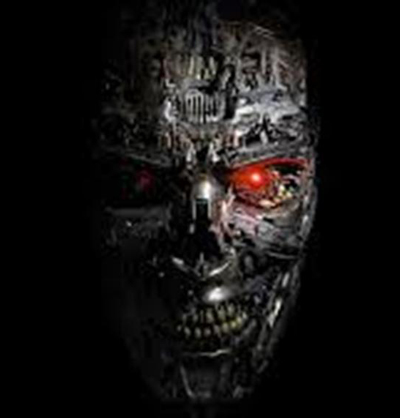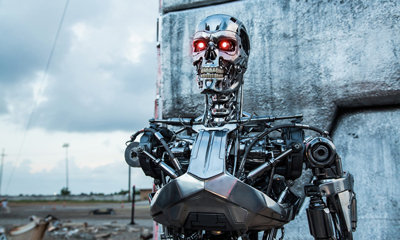
Much before the conception of automation, Czech playwright, novelist and journalist Karel Čapek introduced the word “robot” (Czech for “forced labor”) in his play ‘Rossum’s Universal Robots’ (Rossumovi Univerzální Roboti), published in 1920. While writing this play, he was trying hard to find a suitable word to name the robots described in the plot. Initially, he settled for the word ‘laboři’, from the Latin word ‘labor’. But felt that it sounded a little bit too bookish. He discussed the matter with his brother, Josef, and Josef suggested him to use ‘roboti’, which gave rise to the English word ‘robot’. However, ‘roboti’ is derived from the Old Church Slavonic ‘rabota’, meaning ‘servitude of forced labor ’, which in turn originated from ‘rabu’, meaning ‘slave’.


The word ’robot’ presents us an image of a mechanical figure clad in metal, adorned with all sorts of blinking lights, wires, hidden arms and buttons, and even with a peculiar voice. Such robots have become popular characters in science fictions, stories, novels, films and television serials. But the robots in the play were not made of steel, plastic, and lines of code.
They were manufactured in a factory as pseudo-organic components out of a substance that acted like protoplasm, then assembled into humanoids. However, despite these differences in form, their ability to work was strikingly similar to the modern robots. Those biological robots lack nothing but a soul. They were devoid of feelings and they could not love. But they could do everything that humans preferred not to do.
They were produced in a factory to do the work of humans and made the production of goods much cheaper than before. Eventually, the robots got tired of doing all the work of the lazy humans, whose population was dwindling from forgetting how to reproduce. The play ends with a robot rebellion and a sort of potential rebirth of a robot society.

The play became very popular in Europe and the United States. Within no time, robots became a favourite theme for the science fiction writers, most famously Isaac Asimov, who, along with Robert A. Heinlein and Arthur C. Clarke, was considered one of the "Big Three" science fiction writers during his lifetime.
